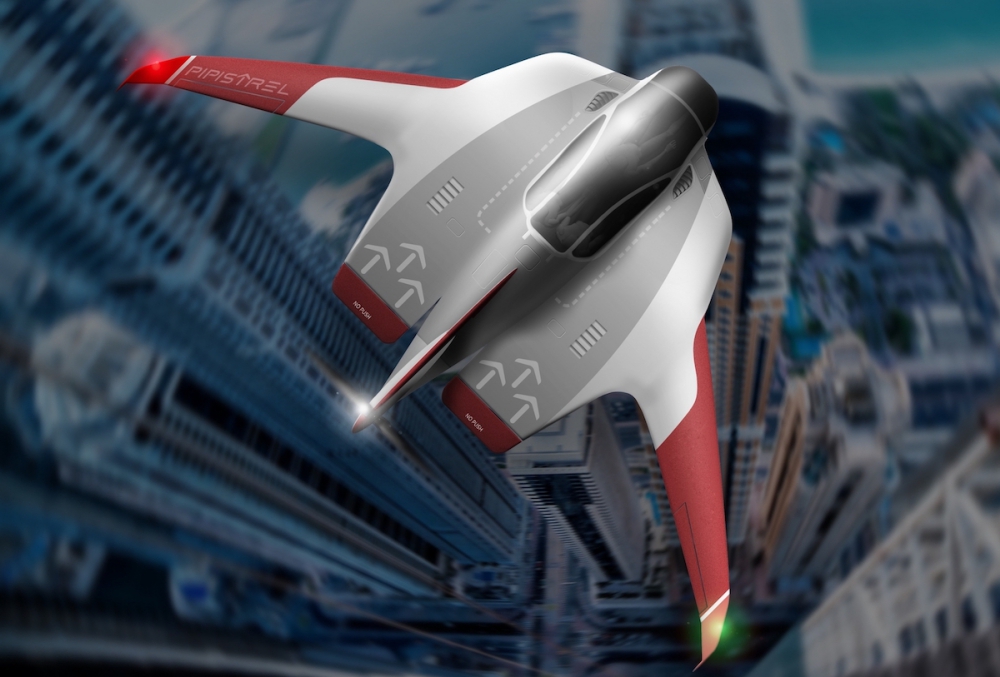Electric aircraft manufacturer Pipistrel is advancing plans for a pair of new cargo aircraft and a 19-seat regional airliner. The Slovenian company intends to focus on these new developments more urgently than on its plans for the Pipistrel 801 eVTOL, which has been shortlisted by rideshare group Uber for its planned Uber Air urban air mobility product.
“Changes to the company’s priorities have come after delays with the Uber flying taxi programme by many international aviation authorities,” the company said. “Continual extensions to the deadline for the development of a flying taxi service, which was commissioned by U.S. company Uber, has given Pipistrel the time to investigate future opportunities, some [of which] have been in planning and development for several years.”
The Uber Air services are set to launch from 2023 in one or more of the early-adopter cities the company has identified, including Dallas, Los Angeles, and Melbourne, Australia.
“We continue to see progress against our vision for Uber Air among many of our vehicle partners despite the challenges that come with Covid-19,” Uber Air told AIN. “We expect some partners will proceed faster than others, but we remain focused on readying for commercial Uber Air service on our timelines.”
Pipistrel is one of eight “vehicle partners” selected by Uber, with the others being Boeing’s Aurora Flight Sciences subsidiary, Bell, Embraer X, Hyundai, Jaunt Air Mobility, Joby Aviation, and Karem Aircraft. The company has insisted that it remains fully committed as an Uber’s Elevate project, which is preparing for the launch of Uber Air.
A Pipistrel spokesperson told AIN that it has decided to “reduce the intensity” of the development on the grounds that “due to regulatory and other constraints” it will not be realistic to achieve service entry for the 801 eVTOL until 2028.
“The 801 project was never interrupted but is continuing with slowed-down pace in favor of accelerating large cargo delivery UAVs,” the company explained. “We keep both projects in parallel, which allows the use of the same development methodology and tools for both vehicles. The project has flown several scale models and performed full-scale system testing in the meantime.”
One of the cargo aircraft now being advanced by Pipistrel is of a similar design to the 801 eVTOL and would carry a payload of 660 pounds approximately 200 miles. The company said that it plans to deliver the first aircraft to an undisclosed customer in Asia during 2022 but, for now, has released no more details on its performance and specifications.
The second cargo aircraft is a fixed-wing design based on Pipistrel Alpha Electro electric light aircraft. It is being developed to be remotely piloted or manned and would be used for missions such as humanitarian relief, with packages being dropped from pods on each side of the wing and a cargo payload of almost 250 pounds.
Meanwhile, Pipistrel is working to develop a 19-passenger aircraft that it says would fly routes of up to 300 miles at around one-quarter of the operational cost of conventional aircraft. The company reported that the so-called Miniliner concept could be ready to enter service in 2028.
The company explained that the 19-seat aircraft is part of the Unifier 19 project being advanced in partnership with various undisclosed academic partners. The work is tapping the efforts of a separate Pipistrel-led Mahepa project, which is developing and testing various new powertrain technologies, including electric and hydrogen-fuel cell propulsion systems. The Pipistrel team hope to begin flight testing a prototype for this design before the end of 2020.
Source: AIN

